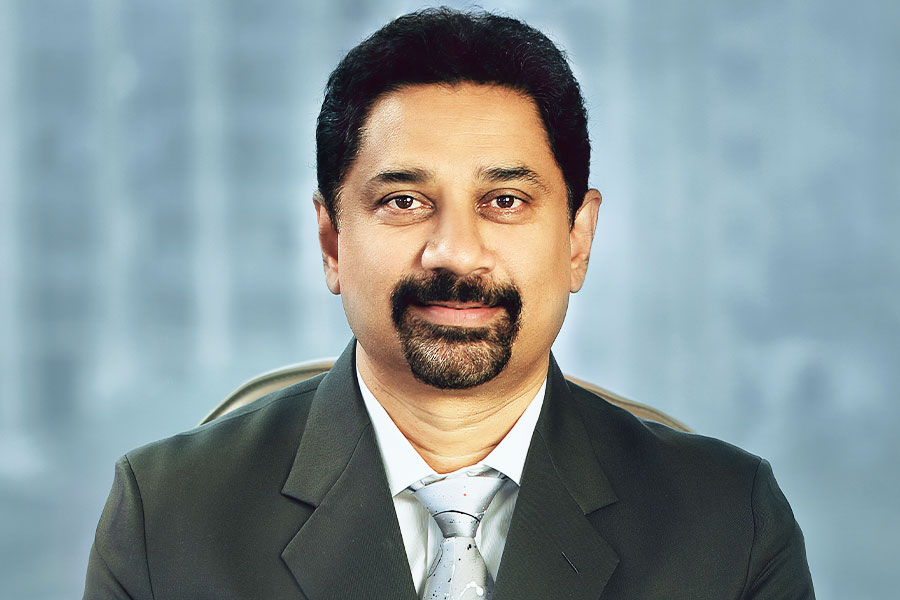Promoting Indian malt whisky globally will take a lot of work
Given its food security issues with barley, India defied global whisky conventions to successfully build an industry from molasses. Paul P John, CMD, Paul John Single Malts admits that while they are managing to export small quantities for private bottling/blends, Indian aged malt whisky companies will have to work on consistent quality for the next few years to be in the reckoning.

IBT: India has not adopted the concept of selling indigenous aged malt spirits to its consumers as branded products till date. Why is this so?
Paul P John: India has been selling indigenous aged malts since the late 1990’s as branded products, but never really focused on building brands as we know today, and as Paul John Single Malt has done. Creating a global brand is one of the toughest and most expensive missions to embark on with continuous deep investments that pose a big challenge.
IBT: What are the reasons for the high popularity of the IMFL segment and Indian players not following the process of whisky making like other leading producers, i.e. using malt spirits and ageing process?
Paul P John: Alcohol is made from a source of sugar that is abundant. Scotland-made whisky from barley as it was grown in abundance there, Americans make whisky from corn and so on. We, in India, found our sugar source from molasses and hence, created an IMFL industry. At that time, barley was a food grain necessity for the country with priority for alcohol being relatively low.
This may not have conformed to the world’s definition of whisky-making but has worked for us in building an industry. Further, India is a very price sensitive market and hence making grain, malt or cereal based whiskies would not have been economically feasible back then. Even locally aged whiskies are in the premium segment and not mass market. Yes, it has taken time, but we are finally here.
IBT: What are the key challenges in the development of the malt spirit industry and the major reasons for dependence on scotch imports?
Paul P John: We are an agrarian economy and still dependent on monsoons, and price fluctuation of ingredients is still driven by supply and demand vagaries. Till the time this is streamlined with near guaranteed source of continuity, it will continue to be a major challenge.
Scotch imports bring in amplified value and hence have found its merit through ‘blended with Scotch’ products in India. Further, Scotch bottled in India is another important segment of the market and is considered a stepping stone on the quality ladder for the consumer.
IBT: Foreign companies have promoted the concept of “Blended Scotch Whisky” to their benefit to promote exports of scotch to India. Can it be the other way round for Indian malts?
Paul P John: We have been supplying aged malt in bulk in small quantities for private bottling or for blends. But it is too early to say if the world will start importing Indian Malt to blend in their products because of one recent worldwide recognition. We have lots of work to do, especially in the area of consistent quality for the next few years to be in the reckoning.
IBT: Do Indian origin packaged aged Blended/Single malt spirits have good export prospects?
Paul P John: Of course, we are now available in 40+ countries, several Duty Free stores and some cruise lines in India and overseas and see bright prospects, with lot of headroom for growth.
An entrepreneur by choice, Paul P John was born in Kerala and ventured into the alcohol beverage industry in 1992. His zeal to surpass the ordinary led him to create a range of exceptional single malts, fine whiskies & wines through his brand, John Distilleries. Established in 1996, within a short span of just over a decade, under the commanding guidance of Mr. Paul P John, its reach spread from his headquarters in Bangalore, Karnataka to all neighbouring states.
Today, the company is the 4th largest liquor company in the country by volume with a production spread across 8 locations & 7 states in India and an annual turnover exceeding Rs. 700 crore. The brand is also globally acclaimed and has to its merit several international awards. To this end, Mithuna by Paul John, was declared the world’s third finest whisky by the famous English writer & whisky connoisseur, Jim Murray.













Leave a comment